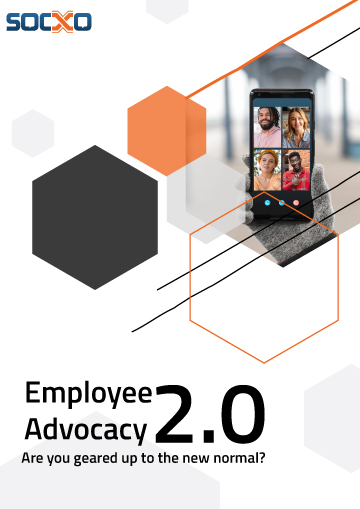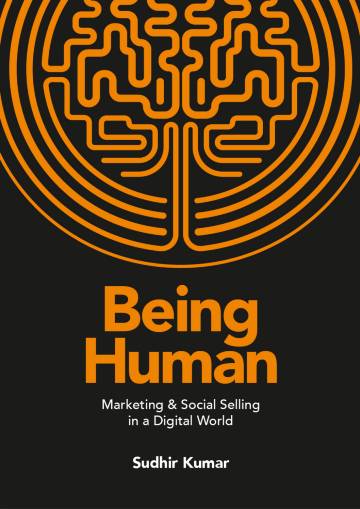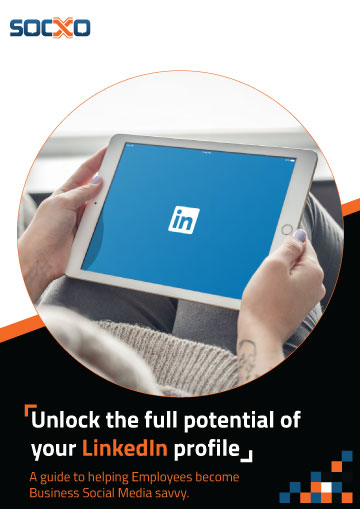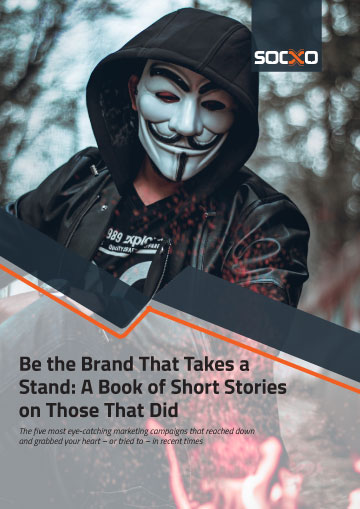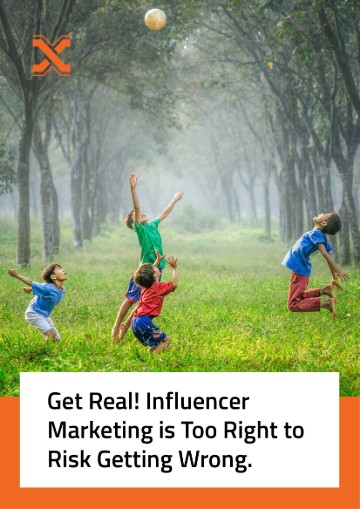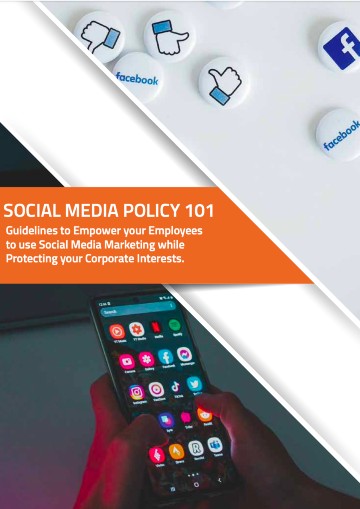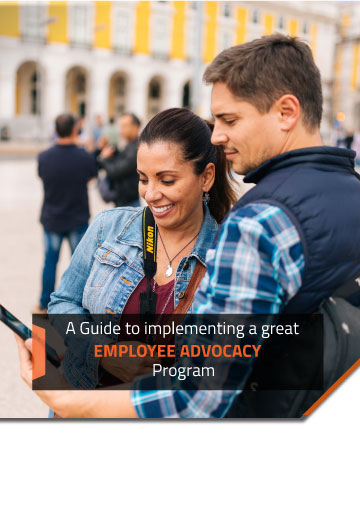
Introduction
Trust is elemental to the current market.
Given how flooded the world is with information, it is often a battle of wits when deciding to trust something. Yet, with scores of media houses, internet influencers, and activists populating the internet daily, trust is a hard-earned privilege.
It is here that Edelman’s Trust Barometer becomes a key player. As a qualitative and quantitative measure of trust (carried out by parametric analyses), Edelman’s Trust Barometer establishes benchmarks and trends of public opinion. The subjects of the Trust Barometer could include anything – organizations, governments, social causes, etc. Essentially, Edelman’s Trust Barometer aims to paint a comprehensive picture in understanding the sway or influence of an entity on the public.
It is often for the benefit of businesses that this tool or survey can be leveraged effectively; marketing and advertising would do well to study the Edelman’s Trust Barometer before deploying any stratagem aimed at progress and profits.
Edelman’s Trust Barometer has now become a tool of great significance in not only business circles but any place that values public opinion.
What is Edelman Trust Barometer?
A percentage value that measures the quantum of trust that the public places in various entities, such as non-government organizations, businesses, or governments, is known as the Edelman’s Trust Barometer score.
This score essentially highlights how much in favour or against a particular entity or outfit the public is. The lower the score, the lower the public trust in something. With that said, the Edelman’s Trust Barometer score differs in its nature to reputation. While reputation has its innate ties in the historical behaviour of an outfit, whether it be good or otherwise, the trust score hints at public sentiment looking forward.
One example of this is placing trust in a fledgling start-up in buying its stock, knowing through sentiment or some factual basis that the company would perform well on the market. This differs from its reputation, which would take some time to build. This is where Edelman’s Trust Barometer, for the larger organizations, can give some insight into the standing of a particular outfit when subject to public judgment or sentiment.
Edelman’s Trust Barometer score can help organizations work on how the public views them; it is of particular significance in 2022 owing to specific disheartening insights the levels of trust have revealed in the most recent report. So let’s understand what Edelman’s Trust Barometer reports can tell you.
To understand the pandemic context, you could check out what we had covered on this topic in 2020 and 2021 as well. For our point of view on this year’s report, read on.
Edelman Trust Barometer 2022
The past two years’ events seemed to have fuelled a cycle of distrust among the population – especially towards the government and media. While businesses remain the most trustworthy institutions in 2022 (continuing the trend of 2021), certain other interesting facts have come to light regarding the general inclination of trust.
The world is failing to meet the unexpected challenges of our time because it is entangled in a vicious cycle of distrust. Four interlinked forces drive this cycle, thwarting progress on climate change, global pandemic management, racism and mounting tensions between China and the U.S. Left unchecked, the following four forces, evident in the 2022 Edelman Trust Barometer, will undermine institutions and further destabilize society
1. Dwindling Trust in the Government and Media
“Two institutions people rely on for truth are doing a dangerous tango of short-term mutual advantage, with exaggeration and division to gain clicks and votes,” says Edelman.
Not two years ago, the government was the most trusted institution with a score of 65 on the index; in 2022, the score has declined into the grey area at a mere 52 – a further one point reduction from the score in 2021. While media hadn’t been faring well originally on the trust index, in 2022, its score was a mere 50 points.
The outlook of these two institutions isn’t looking very well, with 48% of the respondents agreeing to the view that the government has been acting as a divisive force in society. The same opinion extends to the media, with 46% of the respondents favouring the notion. However, NGOs have emerged as a unifying force on this survey, with 50% votes in favour of unity.
The worst-hit sectors in the trustworthy news scenario are social media platforms and owned media houses, hitting the rock-bottom percent trust of 37% and 43%, respectively. As sources of information and the latest news, they need to work on building trust. With that said, while still in the grey zone, search engines relatively score the highest (59). However, the most alarming statistic has emerged as the concern of people regarding fake news being used as a weapon. 76% believed it to be true; surprisingly enough, among the 27 global countries studied, 13 recorded an all-time high regarding the issue. Spaniards find themselves the least trusting, with 84% believing that fake news is a weapon.
In 2022, the government seems to be garnering the highest flak from the citizens; this institution was voted the lowest in its capabilities to assume leadership roles and also in successfully executing result-oriented strategies. Businesses (as an institution) garnered the most favour in this regard.
As far as the pandemic is concerned, none of the four institutions registered favour with a majority of respondents with regard to climate change initiatives or response to COVID-19. The disfavour remained in the high sixties for climate change, while it was over 55 for the pandemic situation handling and management.
In addition to climate change and health security, other major fears the public faces in 2022 are job loss (with 85% of respondents worrying about it), cybercrime (71%), loss of freedom as a citizen (65%), and experiencing discrimination (57%). These metrics are disheartening, considering the economy is on the road to recovery.
With fake news in circulation, suspicions of it being used as a weapon, a crippled economy leading to job insecurities, with very few pockets of the population sailing through the difficulties of the pandemic. Moreover, given the inability of any of the institutions to effectively tackle such challenges, a cycle of distrust has been set in motion.
2. Leadership Failure as a Source of Distrust
The Edelman Trust Barometer 2022 observed that the government failure has created an over-reliance on business to fill the void, a job that private enterprise was not designed to deliver.
Societal leaders, namely government leaders, journalists, and CEOs, shoulder the burden of the lowest percentage trust of the respondents, standing at 42%, 46%, and 49%, respectively. On the other hand, leaders in local communities, co-workers, scientists, and the citizens garner high levels of trust of the population, scientists being the most trusted at 75%.
Moreover, a staggering amount of the population is worried that societal leaders are actively lying to them – 67% being convinced that these leaders are from the media, 66% believe it is the government, and 63% think it is the business leaders. This distrust has only risen by several points since the last year, which is a case for significant worry.
The global trust index also saw a record trust gap between the top 25% and the bottom 25% income group respondents, the highest in Thailand at 36 points. Moreover, this trust gap has primarily been increasing year on year, and in 2022 stands at an average of 15 points between the 22 countries surveyed.
People have become increasingly conservative in placing their trust outside of the local circles, trusting their neighbours and co-workers more than people from other regions, states, countries, or provinces. As a result, the net change in trust towards the locals was positive, while that for outsiders was negative.
It isn’t only towards institutional leaders that distrust is targeted at; 59% of the respondents are distrustful unless convincing evidence is produced that changes their opinion. Furthermore, 64% of people believe it is unlikely to have civil, constructive discussions on issues that are a matter of disagreement.
3. Distrust Towards Democracies
The global pandemic has widened the fissure that surfaced in the wake of the Great Recession. High-income earners have become more trusting of institutions, while lower-income earners remain wary is what has been reported by Edelman.
The trust index took a plummet where trust in democracies was concerned. Of particular interest was China, where the trust index in democracy was 83. 9 of the 27 countries surveyed scored over 60 on the trust index under this parameter, while 10 others scored below 50.
In another surprising statistic, 2022 revealed that people in developed nations aren’t optimistic about the economy. In the USA, only 40% of people believe that they would be better off in the next five years – the number falls way short of the majority. The UK surprises further by standing at 30%, Japan even further at 15%.
The general disagreement towards capitalism persists from 2021 into 2022, with 52% believing that capitalism is harmful to society, and 33% of the respondents agree that centrally governed economies are better performers than free-market economies. The distrust towards governance seems to be on a high note this year.
4. Societal Leadership and Business
Edelman reported that the classic societal leaders in government, the media and business have been discredited. Trust, once hierarchical, has become local and dispersed as people rely on my employer, my colleagues, my family. Coinciding with this upheaval is a collapse of trust within democracies and a trust surge within autocracies.
It isn’t a surprise that with the increasing trust of the people in business as an institution, the expectations are set high. The report highlights that 88% of the institutional investors pay as much attention to a business’s environmental and social governance as its financials. Additionally, over half of the respondents would advocate for a brand banking on their values and beliefs banking on their values and beliefs.
“My Employer” – as an entity an individual works for – has become a highly trusted institution, with a global average percent trust of 77%. In fact, barring only South Korea, the trust level for My Employer is over 60% around the globe. Indonesia ranks the highest, with a score of 91%.
Consequently, the news and media shared by My Employer are the most trusted, followed by communications from national governments. The 2022 trust barometer highlights that 13% of the respondents would, without a second thought, believe the communications coming from My Employer and the national government individually. The least trusted communications came from social media.
Businesses have to fill in the leader’s shoes – for the public has spoken. For example, 81% of the respondents agree that CEOs should be visible to the stakeholders when discussing society’s policies. There has also been a significant jump in the percentage of people wanting the CEOs to consider controversial political and social issues that candidates care about in the context of jobs.
Additionally, citizens view CEOs as leaders in informing policies rather than playing in the politics game. 54% were in favour of CEOs addressing the job and economic situation of their countries through meaningful conversations and debates. Other areas that the public felt needed to be discussed by CEOs were wage inequality, technology and automation, climate change, and global warming.
As if reinforcing their views, 52% of the respondents agree that businesses aren’t doing enough when it comes to addressing climate change; 49% believe the same about economic inequality; 42% have the same opinion about systemic injustice. There is a wide gap of over 30 points between people who believe businesses aren’t doing enough and those who think they are.
The quality of information that each institution serves to the public is a strong driver of trust. The better the information quality, the higher will be the trust index score. The report highlights that good quality information helps institutions gain as much as 6% on the trust score.
Where information is concerned, media has become perhaps the most questionable of late; only 7 in 28 countries surveyed actually trust their media. 14 countries out of 28 falls into the Distrust category, according to the report. The rest fall in the neutral bracket. A lot can, thus, be said about the quality of information circulated among the population.
Edelman’s Trust Barometer as Mirror of the World Order
It takes time and effort to become an entity that people trust, and with trust comes the power of influence and sway. Actively observing public opinion and shaping strategies to align better with their expectations is one way of initiating progress, not just on the organizational front but also at a social level.
A percentage value that measures the quantum of trust that the public places in various entities, such as non-government organizations, businesses, or governments, is known as the Edelman’s Trust Barometer score.








